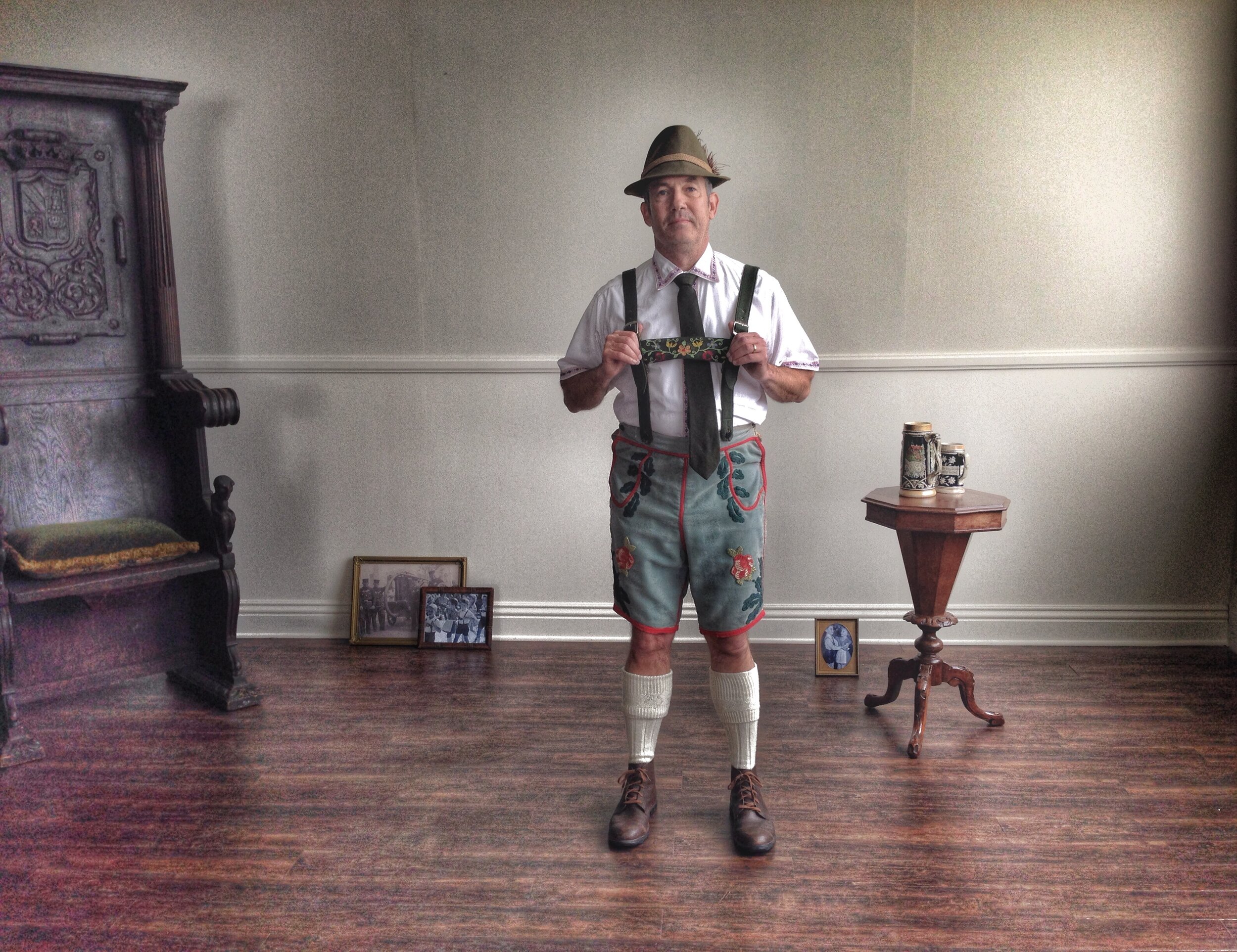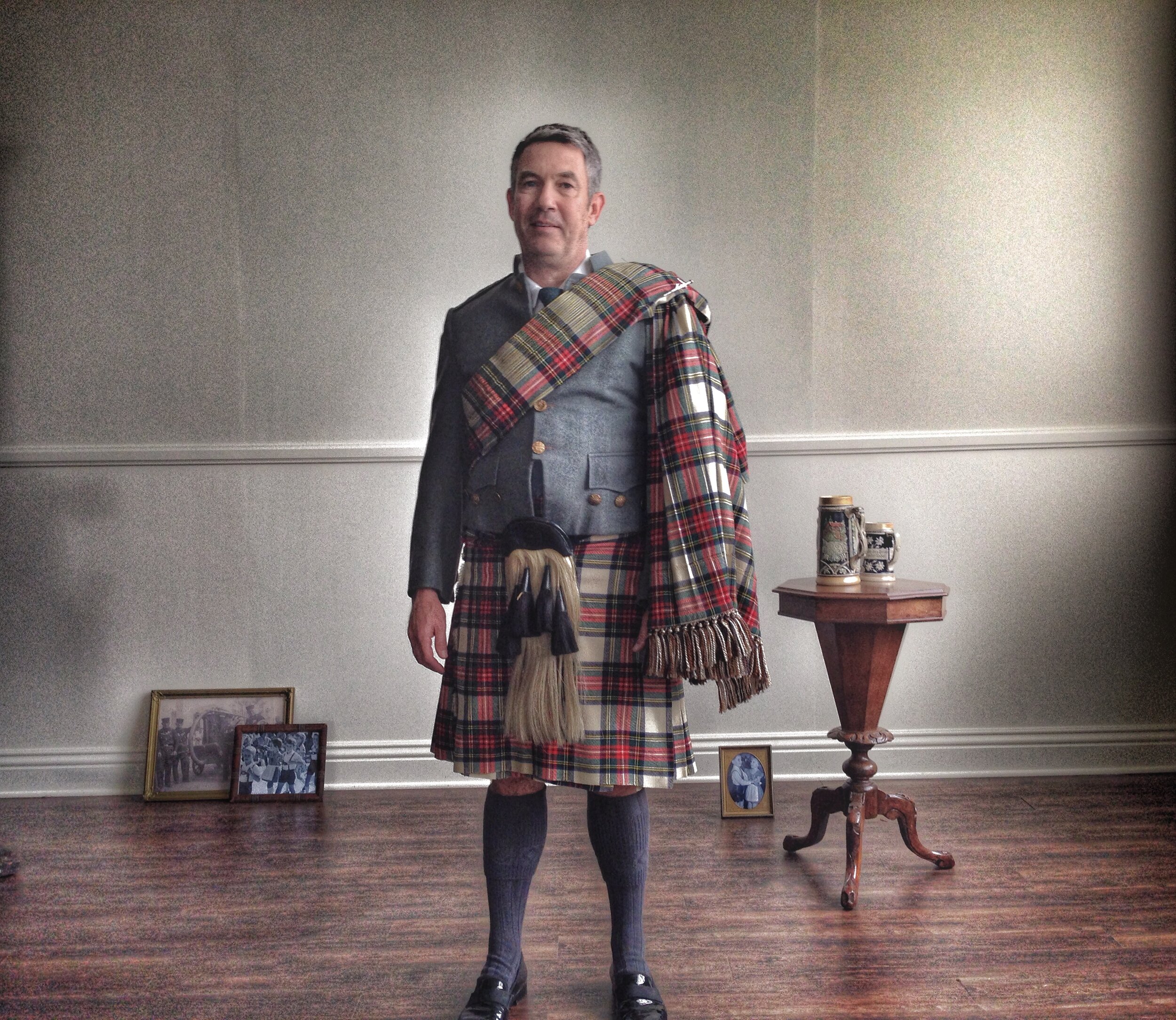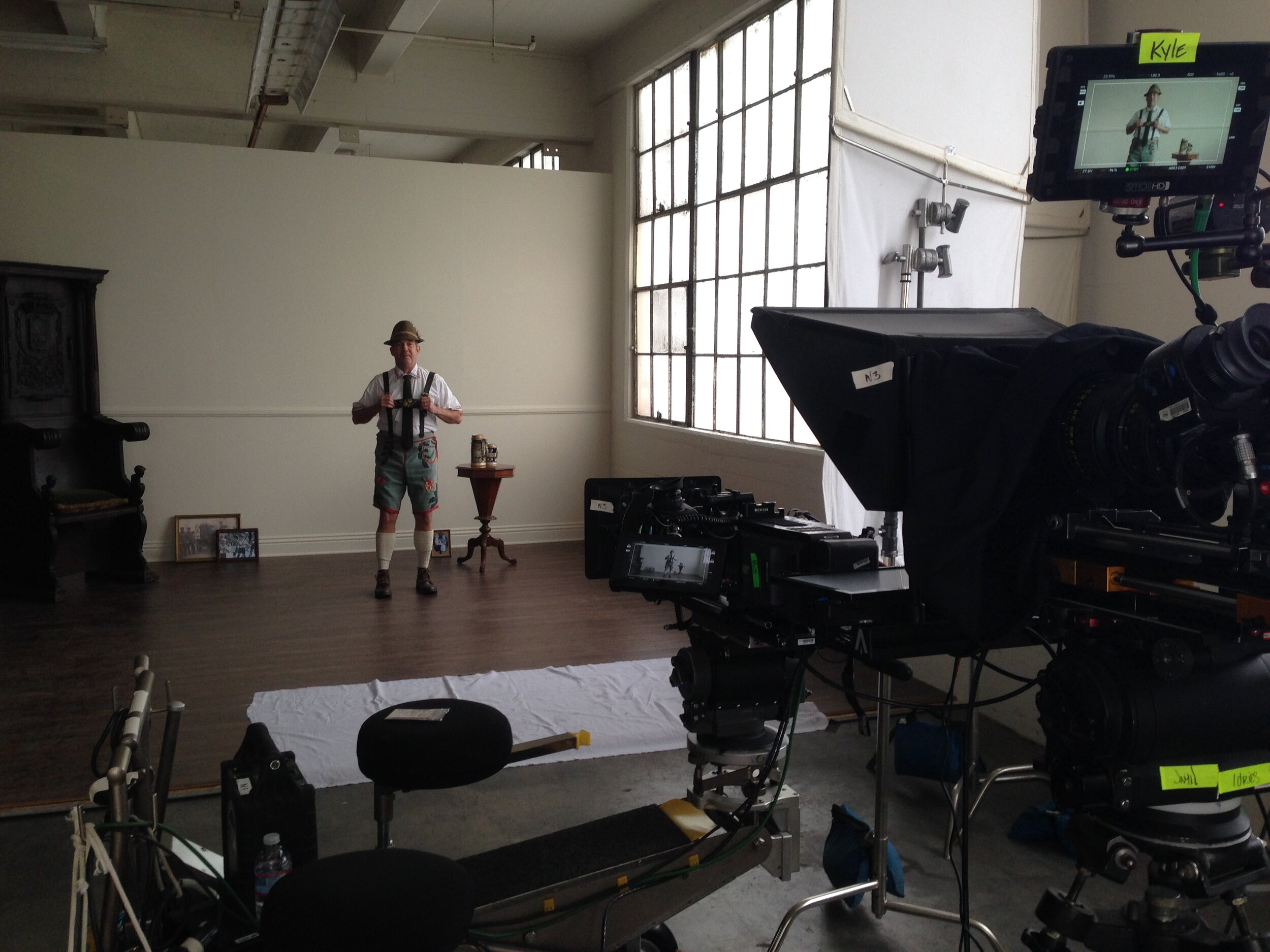“The neighbors are complaining again about the loud talking at night.”
In the before times, I’d have been utterly humiliated if anyone had heard me speaking, much less acting out scenes from the various characters I imagine myself to be playing. The fare varies with the day – maybe it’s a classic like the balcony scene in Romeo and Juliet, “But soft, what light through yonder window breaks….” Or maybe I’m feeling especially Skywalker and it’s, “I am a Jedi, like my father before me…” There are even musical interludes every now and then like, “Two Player Game” from Be More Chill. Whatever the material, though, I dive in with a wholeheartedness that would make a cosplayer at comic con jealous and when everything lines up just exactly right, I can begin to visualize the scene that’s taking place around me. Be it a Verona balcony, Death Star Emperor Chamber or Broadway stage, those are the nights that my audience, or as they call themselves, “neighbors,” get the Full Monty – the very best of my vaudevillian potpourri performances du jour.
Why can’t they just be happy with the free entertainment? I should be charging them for tickets, and besides if you didn’t want to hear an ever-changing playlist of whatever strikes my fancy then you should close your windows. Did I mention I live in a house?
You might ask, why do I do it? Why can’t I confine my impromptu performances and ersatz awards acceptance speeches to the shower stall like a normal human being? Well, after a long period of introspection and self-examination I have discovered the cause of the issue – I am a lunatic. Or, if you prefer the archaic spelling, a-c-t-o-r.
Daniel P. Malito
Author, columnist, disability-advocate, aspiring actor and raconteur.
If I’m being honest, some part of me always yearned to strut my stuff. Unfortunately, back when I was but a wee babe, lost in the forest of college and the world of “real jobs,” acting wasn’t on the list of viable choices come career day. If you asked my grandfather what he thought of the profession, well, let’s just say he was a one-man trigger warning that could make a no-mask protestor go running for a safe space. God, do I miss him… but I digress – the point is that I had convinced myself it wasn’t an option. So, in order to quell any disappointment I said to myself, “Meh, I’d probably stink at it anyway,” and it would have stayed exactly like that if not for a bitch-slap from the surprisingly soft hand of fate that forced me to re-examine just what the Hell really matters in this deceivingly short life.
Since I was young, I had suffered with rheumatoid arthritis. I know, it sounds innocuous, but it is anything but – it eats away at joints, yes, but it also affects the heart, lungs, and just about any other bit of meat that comes with the standard edition human action figure. I was working an office job like a good little drone when suddenly and without warning, my illness dropped a Wile-E-Coyote Acme-sized anvil right on my head and left me spinning. No more nine to five work. No more left shoulder. No more “normal.” Within the span of a few months my entire life was upended, and I found myself at home, no longer able to do the things I thought I was supposed to. I never could sit around doing nothing… for too long, so I started to write. And I wrote. A lot. I ended up with a book. And a podcast. And talk about developing a TV show. And a new perspective.
When your entire way of life is taken away from you virtually overnight it makes you, no, it forces you to re-examine just what’s important to you and what isn’t, especially when you only have a limited pool of energy to draw from each day. If you have to make every bit count then you either learn how to jettison the crap, and fast, or you end up with a life filled with fluff, and not the delicious marshmallow kind. The bright red boa kind that sheds all over your black sweater and people think Elmo just felt you up in a particularly frisky game of seven minutes in heaven.
So I drilled down and decided real fast what was important to me, what I enjoyed doing more than anything, what my brain knew I desired without a moment’s conscious thought – and lo and behold it was the thing I had always known but never had the confidence to send to the front of the line. Acting. Performing. Theater. A bedroom star was born.
My sense is that many of you reading this will identify with the sentiments I’m sharing. As I said to my illustrious and wise acting teacher, “I’m screwed because it’s in me now. It’s inside and it’s gotta come out.” Maybe that means someone decides the show developed around my writing is worth producing. Or maybe that means a community theater production of Streetcar except it’s set on an alien planet and Stanley Kowalski has seven eyes and four arms. Sounds like heaven to me, and Hell for my neighbors.
Daniel P. Malito is an author, columnist (for several prominent websites such as Creaky Joints and The Huffington Post), disability-advocate, aspiring actor and raconteur. He also writes, hosts and produces the award-nominated web series, Chronic Briefs, which highlights the poignant absurdity of living with chronic illness and disability in modern America. Over the past 15 years, Daniel has been honored for his work by The Arthritis Foundation, The Autoimmune Collective, WEGO Health, and is currently working to produce a show based on his writings.
G&E In Motion does not necessarily agree with the opinions of our guest bloggers. That would be boring and counterproductive. We have simply found the author’s thoughts to be interesting, intelligent, unique, insightful, and/or important. We may not agree on the words but we surely agree on their right to express them and proudly present this platform as a means to do so.




































